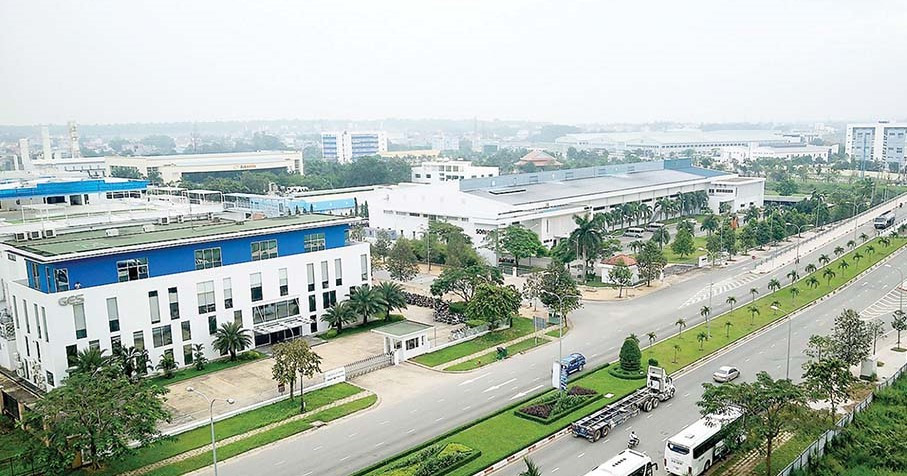Ho Chi Minh City has unveiled an ambitious plan to train 40,000 engineers in semiconductor design by 2030, setting up a $5 million fund to support the development of a skilled workforce for the burgeoning microchip industry.
This move is part of the city’s broader strategy to make the semiconductor industry a key driver of its economic growth, while integrating itself into high-value segments of the global semiconductor supply chain.

The HCM City People’s Committee has recently approved the "Semiconductor industry development program in the hi-tech park, 2025-2030," which aims to transform its hi-tech park into a national hub for semiconductor research and development.
The goal is to establish a robust ecosystem for semiconductor production that is equipped with cutting-edge infrastructure, modern governance models, and a highly qualified workforce capable of competing on an international scale.
The HCM City Hi-Tech Park is expected to become a center of excellence in semiconductor design, sensor development (MEMS), and advanced technology innovation. This ecosystem will attract large-scale investments and foster the creation of commercial products with high scientific value, contributing to the city's economic growth.
The program envisions the successful design and manufacture of high-powered electronic components such as MOSFETs and transistors for power control applications. The knowledge gained from this will form the foundation for the design and production of more complex semiconductor components in the future.
The city also plans to upgrade the HCMC Hi-Tech Park Business Incubator into a Center for Innovation, designed to cultivate a startup ecosystem for companies focused on semiconductor research and development.
By 2030, the city aims to support 60 incubated projects and help graduate five Vietnamese companies in the field of semiconductor design.
As part of the initiative, the city is committed to producing at least 60 intellectual property (IP) assets related to semiconductor design, with plans to export these designs and core products internationally.
Ho Chi Minh City is also looking to attract at least 20 high-tech projects to the region, including one from a major global technology corporation.
To ensure the success of this program, the city recognizes that the availability of skilled human resources will be crucial.
Thus, the newly established $5 million fund will be used to train approximately 40,000 engineers over the next decade, with an average of 6,000 engineers per year.
The focus will be on upskilling engineers in semiconductor design and related fields, in collaboration with universities, research institutions, and national semiconductor centers.
The city will also enhance the facilities and expertise at the Hi-Tech Park to support semiconductor development projects, and will create partnerships with top experts and international specialists to ensure the highest standards in training and research.
By organizing short-term, transitional, and advanced training courses for at least 1,200 participants, and fostering collaborations with 2-3 international experts annually, Ho Chi Minh City aims to elevate its semiconductor industry to a global level.
This bold vision is part of the city's broader effort to drive technological innovation and economic development, positioning itself as a leader in the global semiconductor market by 2030.
Ho Van